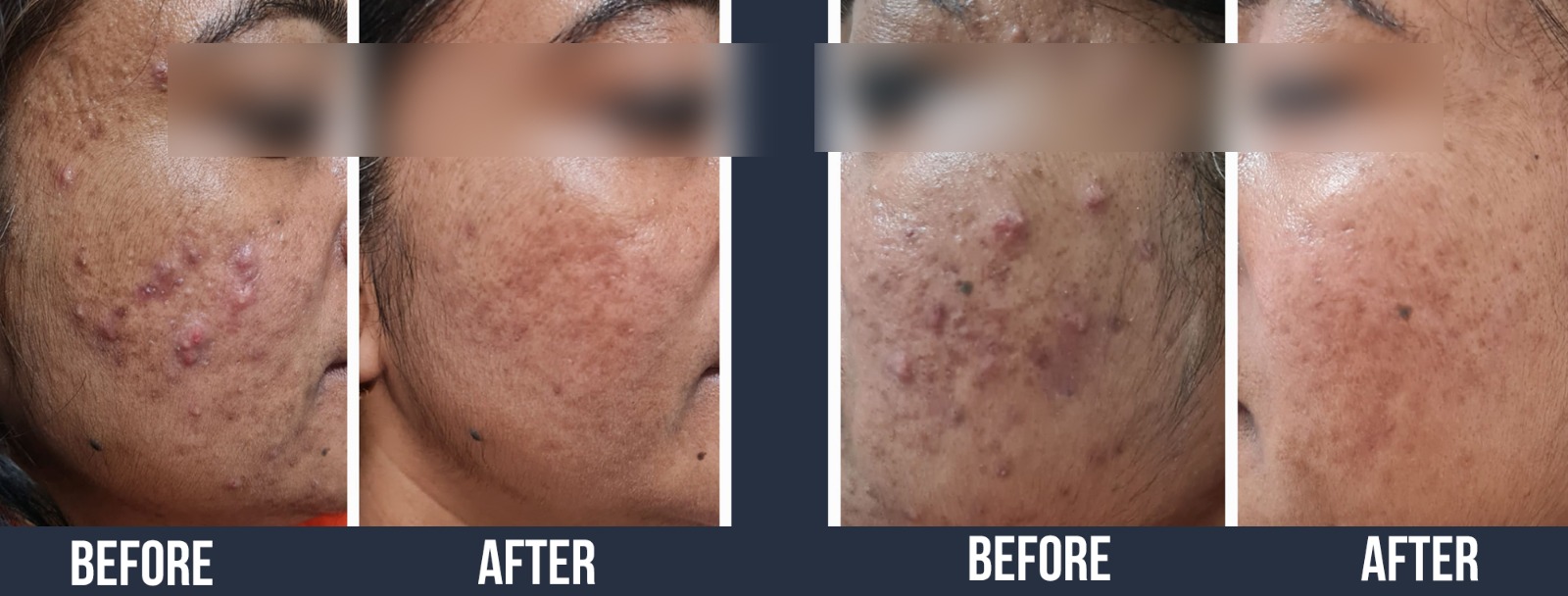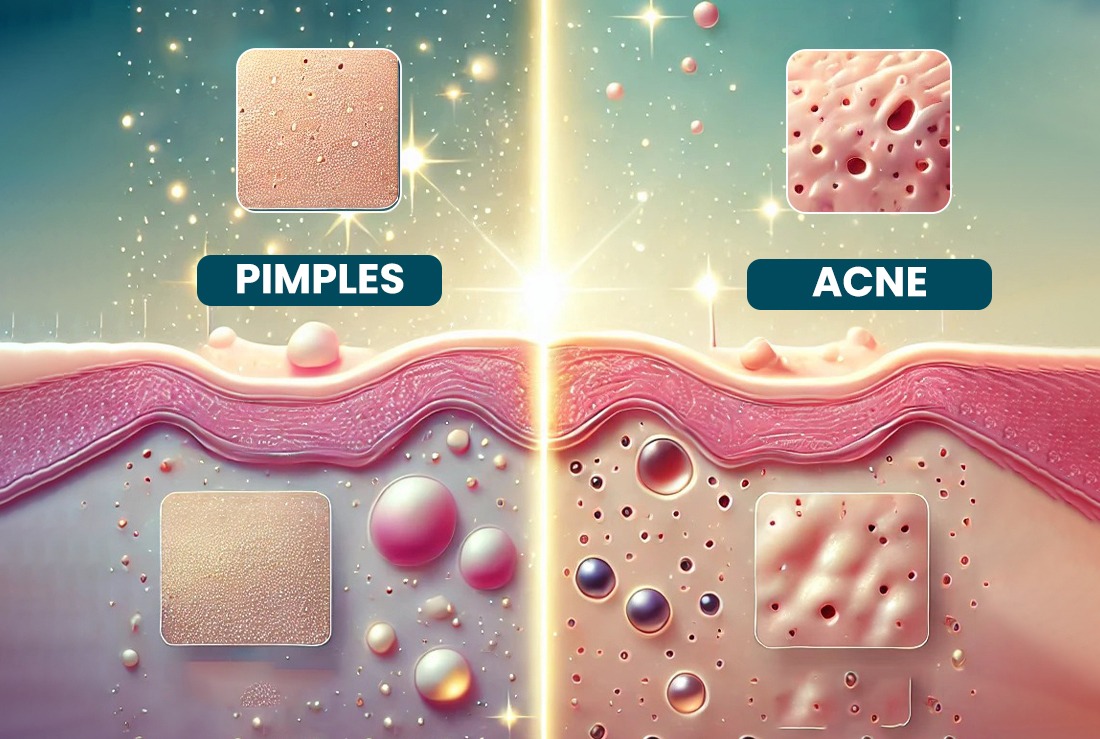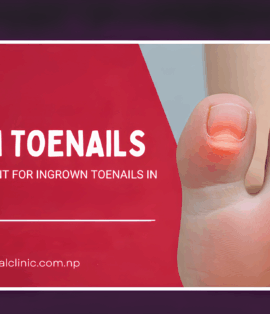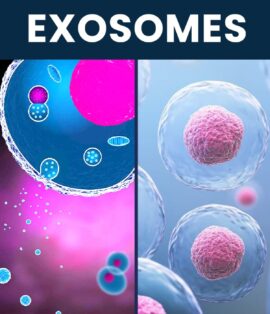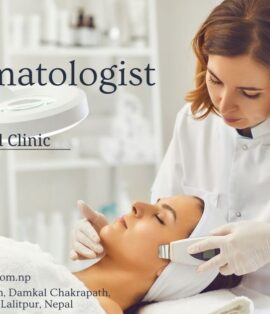- Home
- About Us
- Dermatology Services
- Medical Dermatology
- Cosmetic / Aesthetic Dermatology
- Facial
- Mesotherapy
- Chemical Peel
- PRP & IPRF Therapy
- Botox
- Fillers
- Thread Lift
- Iontophoresis
- Laser Hair Removal
- Glow Body Contouring
- High Intensity Focused Ultrasound (HIFU)
- Micro Needling Radio Frequency (MNRF)
- Endolaser / Endolift
- Plasma Fibroblast
- Minor Dermatosurgery
- Best Skin Clinic in Kathmandu
- Dental Services
- Nutrition
- Gallery
- Blog
- Contact

